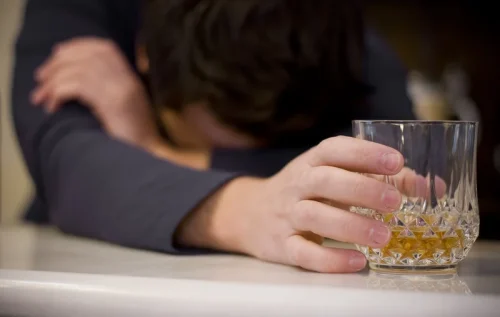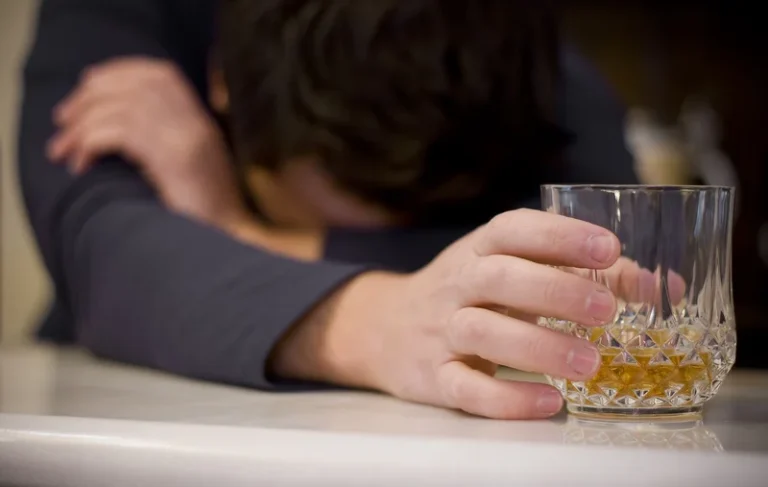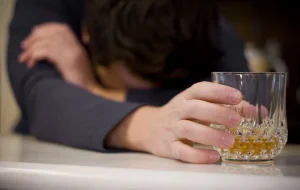
Drinking this with mixers such as lemonade or tonic waters can reduce the chances even further. However, it was noted that red wine is the leading culprit when it comes to a headache. The main ingredient in alcohol that is responsible for a sore head is ethanol.

These chemicals may also trigger migraine headaches in certain people. Some people have a headache a few hours after drinking wine — especially red wine. But it’s different from a hangover, which may or may not include a headache. It’s possible that some chemicals in wine and how the body responds to them could result in a headache after drinking wine.
These give many types of alcoholic beverages their taste and smell. Congeners are found in larger amounts in dark liquors, such as brandy and bourbon, than in clear liquors, such as Alcoholics Anonymous vodka and gin. Drinking alcohol could create more of a risk factor for tension headaches in some people, but truth be told, people who don’t drink alcohol at all can still get tension headaches. Some medical professionals believe it is a chemical sensitivity to the compounds in alcohol that trigger cluster headaches.
However, when frequent, severe hangovers become part of your everyday life, you could be headed down a path toward alcohol use disorder. It’s not impossible to turn it around on your own, but it’s more likely to get worse without intervention. Many of these disturbances of the body’s natural physiology persist the next day, long after the alcohol is gone. Effects on hormones, blood chemistry, the sleep-wake cycle and inflammatory chemicals are also important in the thoroughly lousy feeling we have come to know as a hangover. Furthermore, alcohol disrupts serotonin levels in the brain, which regulates pain sensitivity and mood. These various factors contribute to alcohol-induced headaches.

While similar symptoms to the immediate headache are experienced, this type of headache is usually a more dull, throbbing pain. It’s interesting to note that cocktail headaches are much rarer than hangover headaches, and they can be triggered by variable amounts of alcohol. For instance, for some people with migraines, just a small amount of alcohol can lead to a cocktail headache, whereas others can tolerate alcohol at the same level as people who don’t get migraines.

A variety of chemicals can contribute to post-alcohol headaches. The exact mechanism of the headache-producing qualities of these chemicals is not fully understood. If you’ve consumed too much alcohol and have to work the next day, what do you do? Estimates of lost revenues due to reduced job productivity and absenteeism from alcohol run as high as $148 billion a year in the U.S. alone. Much of this expense is related to hangovers in light to moderate drinkers. Hangovers can last up to 72 hours after drinking, but most are shorter in duration.


Most people assume that headaches are linked with drinking too much alcohol, but an immediate alcohol-induced headache can kick in minutes after drinking one drink. Likewise, you can suffer a delayed alcohol-induced headache the following morning even if your alcohol consumption levels were fairly low the night before. It’s also believed that drinks which have aged over a period of time may be more likely to result in delayed alcohol-induced headaches. Wine really bad headache after drinking is especially high in tannins, which in some people, can trigger headaches. More-serious symptoms from heavy drinking may be a sign of alcohol poisoning — a life-threatening emergency.
Migraine typically begins slowly and may increase in severity if left untreated. They involve throbbing pain that generally occurs on one side of the head. More research will help to determine the effects of specific alcohol content on a person’s headaches. Those diagnosed with a specific type of headache may be more prone to develop a specific type of headache after consuming alcohol. Savannah T., 25, suspected what she was experiencing was not normal. She was diagnosed with endometriosis in her late teens and has been through a pharmacy full of medications to manage her symptoms, including debilitating pain.